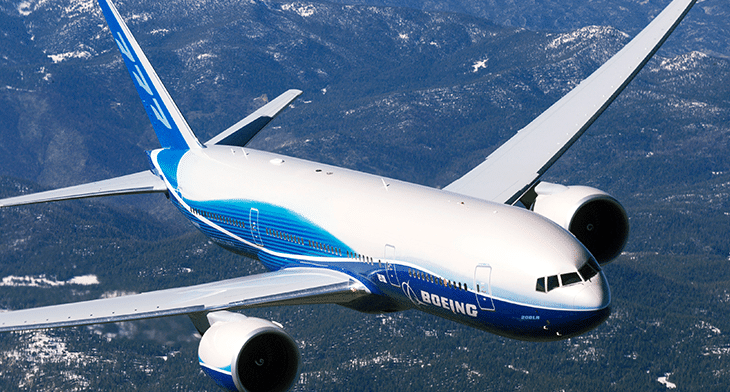
If the third Monday of January is known as Blue Monday, then every day in January must have felt like a Groundhog Monday for Boeing.
For the first time since 1962, Boeing received a grand total of zero orders for the month, although no customers cancelled orders in January.
Announcing a 37% fall in revenues for Q4 2019, and a 24% overall fall in full year revenues, Boeing President and Chief Executive Officer David Calhoun admitted: “We recognise we have a lot of work to do,” adding “We are focused on returning the 737 MAX to service safely and restoring the long-standing trust that the Boeing brand represents with the flying public. We are committed to transparency and excellence in everything we do. Safety will underwrite every decision, every action and every step we take as we move forward. Fortunately, the strength of our overall Boeing portfolio of businesses provides the financial liquidity to follow a thorough and disciplined recovery process.”
Come February, and it’s a slightly improved picture. Bloomberg reported the loan amount raised by Boeing had risen to US$13 billion. Then, during a rather subdued and reduced Singapore Airshow, the manufacturer announced a series of orders and agreements for its digital solutions. This includes Bamboo Airways who will integrate several digital solutions to support their new 787 fleet, with agreements for the Jeppesen FliteDeck Pro electronic flight bag (EFB). Virgin Australia Group has signed a seven-year agreement for Jeppesen FliteDeck Pro electronic flight bag (EFB) and digital navigation chart services.
More contracts could be on the horizon with the company forecasting airlines in Southeast Asia will need 4,500 new airplanes over the next 20 years. Single-aisle airplanes continue to be the main driver of capacity growth in Southeast Asia. This growth helps to stimulate the demand for commercial aviation services, which are forecasted to be worth $785 billion between 2019 and 2038.
While single-aisle airplanes dominate the forecast, widebody airplanes will make up 19% of new airplane deliveries, enabling carriers in the region to serve new international long-range city pairs.
While every rain cloud may have a silver lining, in this case, demand for software services, it might be worth Boeing investing in umbrellas for the near future.





